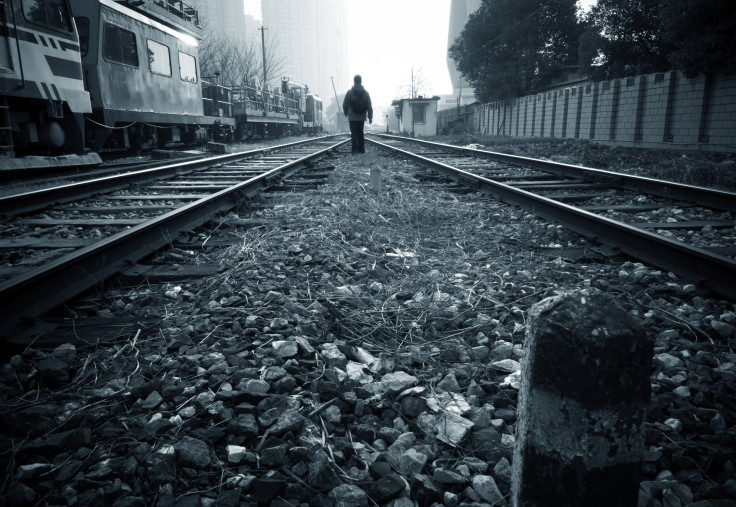Suicide Rate Lower In Big Cities, As Lonely Find Some Solace

A new study from the U.S. and Brazilian sociologists shows that growing urbanization around the world may help the loneliest among us.
As population density grows, many qualities of human life grow in proportion — including the rate of traffic deaths, which tends to double neatly for every doubling of the population. More people, too, presumably succumb to disease and other health ailments at a similar rate. Yet the similarity breaks down when researchers examine deaths from suicide and homicide, as new patterns emerge.
As cities grow, homicide rates rise quicker than population growth as suicides decrease. In a study from the City University of New York and Brazil’s Universidade Federal do Ceara, investigators found that as traffic deaths remained tied to population, the murder rate rose by 135 percent for every population doubling. Conversely, the suicide rate rose by just 78 percent for every 100 percent jump in population.
The pattern held as the investigators compared deaths from traffic crashes, homicides, and suicides in Brazilian cities between 1992 and 2009, also using suicide data from U.S. counties between 2003 and 2007. Thus, the decision to commit murder or suicide “might have strong correlations with the underlying complex social organization and interactions… instead of being purely a consequence of individual choices,” investigator Hygor Piaget M. Melo wrote with colleagues.
A slowing suicide rate seemed particularly counterintuitive, given the most obvious drawbacks to city living: crowds, noise, and more stress. Yet, investigators say something about greater population density — despite the negatives — works to buffer the psyche against the threat of major depression. As socialization improves mood, growing cities may provide people with greater opportunity for quality interactions with others, enjoying “a large supply of potential social contacts and interactions’ that may ameliorate feelings leading to suicide.
“This result is consistent with the idea that human happiness is more a collective phenomenon than a consequence of individual well-being conditions,” Melo wrote. Rather, "crime is bound up with the fundamental conditions of all social life and serves a social function. In this sense, and regardless of its extremely deviant nature, crime events are somehow capable to release certain social tensions and so have a purging effect in society."
Although violent crime differs between the countries, investigators found close similarities between population density and the suicide rate. In the U.S., suicide rates are higher in mid-sized cities such as Tucson, Ariz., and Colorado Springs, Colo., than in major cities such as Boston and Chicago.



























